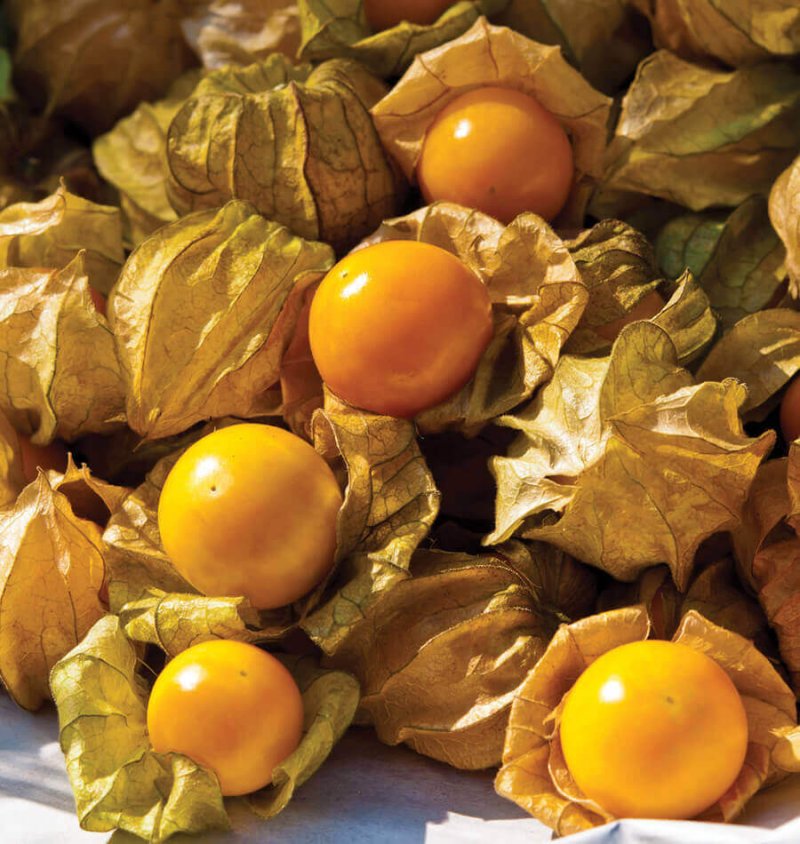Gene editing can speed up plant domestication, taming wild vines, bushes and grasses and turning them into new crops.
Editing just two genes in ground cherries (Physalis pruinosa) produced plants that yielded more and bigger fruit, researchers report October 1 in Nature Plants. Those edits mimic changes that occurred in tomato plants during domestication …. says study coauthor Zachary Lippman, a plant biologist at Cold Spring Harbor Laboratory in New York.
Ground cherries and their close relatives Cape gooseberries or golden berries (Physalis peruviana L.) are grown in many parts of the world, but have traits — such as dropping their fruit on the ground — that make them unattractive for large-scale agriculture.
…
[Researchers] deciphered the ground cherry’s …. genome, and looked for genes that give domestic tomatoes some of their characteristics. Cutting one gene …. with the gene editor CRISPR/Cas9 created a mutation that caused the plants to …. produce …. 50 percent more fruit on each shoot than unaltered ground cherries. Snipping a second gene, CLV1, caused the fruit to grow 24 percent heavier.Breeders might make mutations in the same genes by irradiating seeds or treating them with chemicals, but it would take decades, says Lippman …. Gene editing accelerated the process …. to just a couple of years. The berries aren’t yet fully domesticated — they still drop fruit on the ground — but the researchers plan to make other modifications.
Read full, original article: Gene editing can speed up plant domestication































